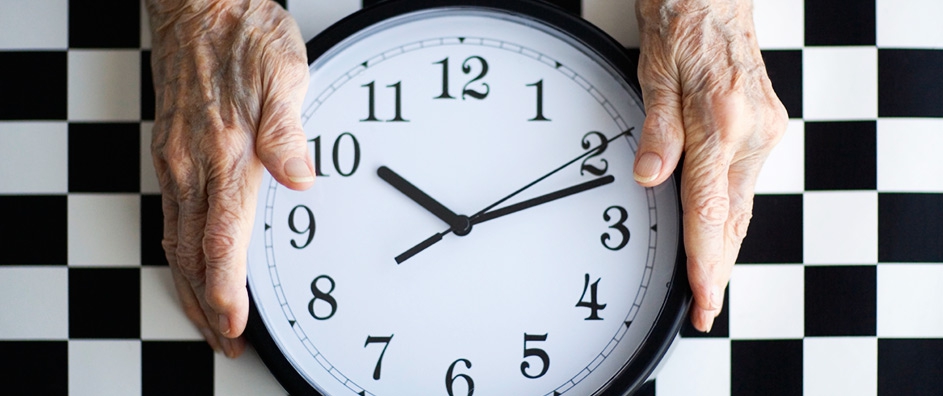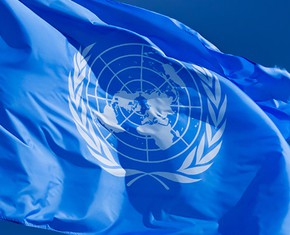The views expressed in our content reflect individual perspectives and do not represent the authoritative views of the Baha'i Faith.
Let us then trust in the bounty and bestowal of God. Let us be exhilarated with the divine breath, illumined and exalted by the heavenly glad-tidings. God has ever dealt with man in mercy and kindness. He who conferred the divine spirit in former times is abundantly able and capable at all times and periods to grant the same bestowals. Therefore let us be hopeful. The God who gave to the world formerly will do so now and in the future. – Abdu’l-Baha, Foundations of World Unity, p. 102.
If we are to avoid becoming entrammeled in the enervating coils of cynicism which are a characteristic of this age of transition, we must, as the “custodians of . . . the forces of love,” ground our efforts in indomitable faith. – The Universal House of Justice, letter to an individual Baha’i, April 1996.
Can your views harm you physically, or even kill you? Increasingly, science says yes.
For many years, modern medicine has known about the cause-and-effect linkages between our thoughts, our emotions and our physical health. Anger, hostility and aggression have long been closely associated, for example, with severely increased risk for cardiovascular mortality. That mind-body connection is now well-accepted across all fields of medicine and psychology.
But in 2014, the medical journal Neurology reported a remarkable new mind-body discovery. Researchers found a strong link between a mental and spiritual attitude of “cynical distrust” and the likelihood of developing dementia in later life. If you consider yourself a cynic, you may want to examine these findings and re-consider.
I think most people would lie to get ahead.The scientists and physicians who conducted the study defined the term “cynical distrust” as an inner belief that other people are mainly motivated by selfish concerns. To determine each person’s beliefs, they used a psychological test called the Cook-Medley Hostility Scale, which asks these eight questions:
- I think most people would lie to get ahead.
Most people inwardly dislike putting themselves out to help other people.
Most people make friends because friends are likely to be useful to them.
It is safer to trust nobody.
No one cares much what happens to you.
Most people are honest chiefly through fear of being caught.
I commonly wonder what hidden reasons another person may have for doing something nice to me.
Most people will use somewhat unfair means to gain profit or an advantage rather than lose it.
Here’s what the researchers found: testing 622 people over a period of eight years, 46 of the study subjects were ultimately diagnosed with dementia. The journal Neurology reported that:
Once researchers adjusted for other factors that could affect dementia risk, such as high blood pressure, high cholesterol and smoking, people with high levels of cynical distrust were three times more likely to develop dementia than people with low levels of cynicism. – Read the article here
In other words, developing a cynical view of the world increases your chances of getting dementia by a factor of three.
Of course, this study will need to be replicated by other studies before a definitive causal link is conclusively proven. But the study does give us some idea of the impact of cynical distrust on the human mind—and it gives us a clear window into how our spiritual lives affect our physical lives.
From a spiritual perspective, how can we avoid or reverse that debilitating attitude of cynical distrust? Baha’is believe that faith and action provide us with the ultimate antidotes for cynicism:
…the foundation of success and salvation is the recognition of God, and… good deeds, which are the fruit of faith, derive from this recognition. – Abdu’l-Baha, Some Answered Questions, newly revised edition, p. 274.
Faith in a better future; faith in humanity; faith in God and faith in ourselves—all these kinds of faith remove the need for cynical distrust. The Baha’i teachings give us a new road to faith, a path towards unity, hope and a bright future for all:
Praise thou God that at last, through the divine teachings, thou hast obtained both sight and insight to the highest degree, and hast become firmly rooted in certitude and faith. It is my hope that others as well will achieve illumined eyes and hearing ears, and attain to everlasting life: that these many rivers, each flowing along in diverse and separated beds, will find their way back to the circumambient sea, and merge together and rise up in a single wave of surging oneness; that the unity of truth, through the power of God, will make these illusory differences to vanish away. This is the one essential: for if unity be gained, all other problems will disappear of themselves. – Abdu’l-Baha, Selections from the Writings of Abdu’l-Baha, p. 30.
















Comments
Sign in or create an account
Continue with Googleor